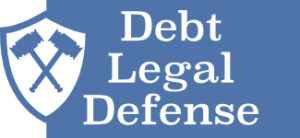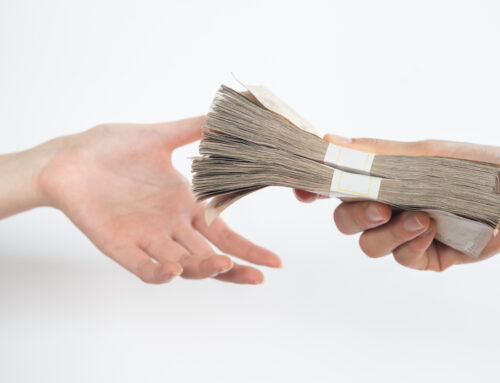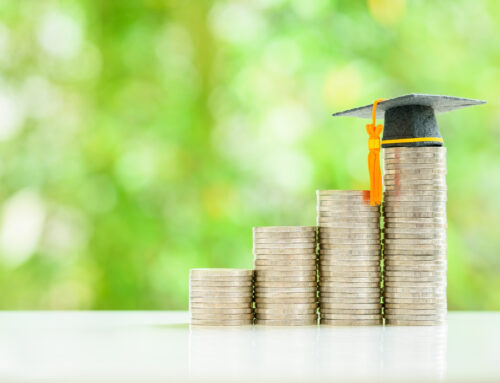Coronavirus has affected people in different ways. Some people have contracted the virus and been unable to work for a couple of weeks or even a few months. Other people have been unable to work or have had their hours reduced due to the virus. Regardless of whether you have caught the virus or not, you may have been financially impacted in some way, which may be affecting your ability to repay your student loans. Fortunately, student loan holders know that now is a financially challenging time for millions, and as such, they may be offering help if you have been affected by student loans. Here are some of the ways COVID-19 is impacting student loan payments.
Federal Student Loans Owned By the U.S. Department of Education Office
If you have federal student loans that are owned by the U.S. Department of Education Office (also referred to as ED-owned federal loans), the CARES Act (Coronavirus Aid, Relief, and Economic Security Act) contained language related to your student loans. This language laid out exactly what happens with federally-owned student loan debt from the period of March 13, 2020 through September. 30, 2021. The relief provided by the bill extends to all ED-owned federal loans, and you do not have to fill out any paperwork, prove a hardship or show you were affected by Coronavirus.
Interest Rates
During the time period of March 13, 2020 through September 30, 2021, all federally-owned student loans, including both defaulted and non-defaulted direct loans, FFEL Progam loans, Federal Perkins loans and HEAL loans owned by the U.S. Department of Education Office have been reduced to zero percent interest. This means that these loans are not accruing interest during this time. As such, if you are unable to pay during this time period, you will not see the amount you owe increase due to interest.
Forbearance
Forbearance means that a lender reduces the amount of money you owe each month when you are facing a hardship. Thanks to the CARES Act, federally owned student loans are all considered to be in forbearance and no payments are due during this time. If your wages are being garnished to collect the loan, this is also being suspended, as is taking your tax return to apply to your student loans. While payments due are suspended, you are still free to make payments during this time if you wish to do so.
Collections
The CARES Act has put a stop to moving accounts to collections or taking legal action to collect on outstanding student loans from March 13, 2020 through September 30, 2021. If your account was already behind, collection action can begin again once the CARES Act expires though, so now may be a great time to try to work out a new payment plan or get caught up, if possible.
Private Student Loans
It is important to note that the CARES Act only applies to federally-owned student loans. Many people have student loans that are issued by private lenders. The government cannot stop those companies from collecting a debt owed during a pandemic, and as such, you may still be required to pay what you owe. Fortunately though, many companies know that times are hard and they are willing to work with you when it comes to your student loans and any hardships you may be facing.
Interest Rates
The majority of private student loan companies are still charging interest during the pandemic. They are not lowering the interest rate to zero percent like the federal government is on federally-owned student loan debt. As such, you should not expect to see a decrease in your student loan debt for privately-held student loans.
Forbearance
Many private student loan companies have forbearance programs for emergency forbearance programs or disaster forbearance programs that are specific to the COVID-19 pandemic. The major difference between private student loans and federally owned student loans is that you have to reach out to the private lenders and show proof of hardship. You may need to show that you tested positive for the virus or you may need to show you are not working due to the pandemic. Private loan forbearance is also typically for a shorter period of time compared to the nearly 18 month forbearance for federally-owned loans.
Collections
While it may seem heartless, private student loan lenders can move forward will collection efforts or collect money that is owed to them, even during the Coronavirus pandemic. This includes filing lawsuits to collect their money, garnishing your bank accounts, sending out collection letters and calling you in an effort to collect the debt. The only collection relief you may have pertains to stimulus recovery payments issued by the federal government. The federal government is not allowing these payments to be intercepted and used to pay down private student loan debt.
How Debt Legal Defense Can Help
Debt Legal Defense is here to help you if you have privately-owned student loan debt. We can help you by:
- Helping you determine the best course of action for your situation
- Working with your lender to enroll you in forbearance programs
- Renegotiating your interest rates or loan payments
- Settling outstanding debt for less than you owe
- Stopping stressful collection letters and phone calls
- Determining if loan forgiveness may be right for you
- Providing you with support, encouragement and guidance
The pandemic has changed people’s lives and has caused a lot of uncertainty. You may be dealing with a lot of stress and confusion about going back to work and getting your finances in order. If you need student loan debt lawsuit defense, contact us today on our website or via telephone at 210-468-1008 to schedule an appointment.






